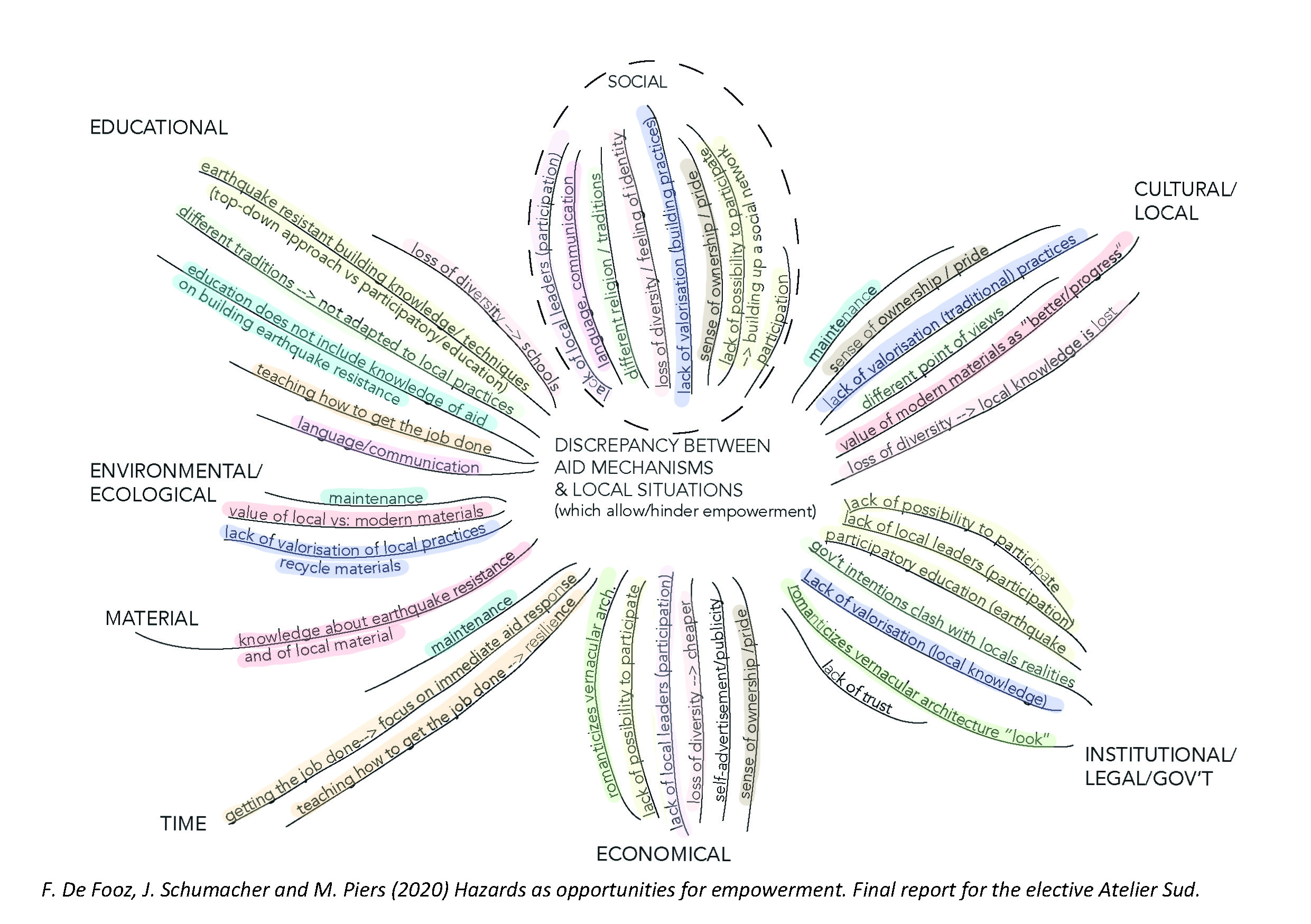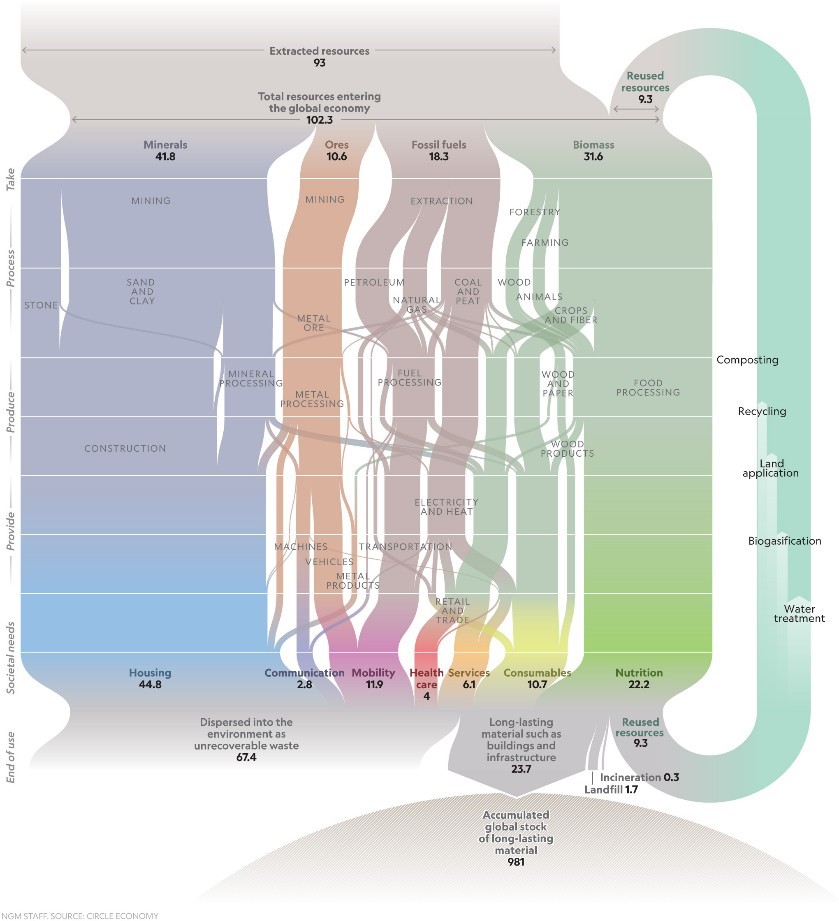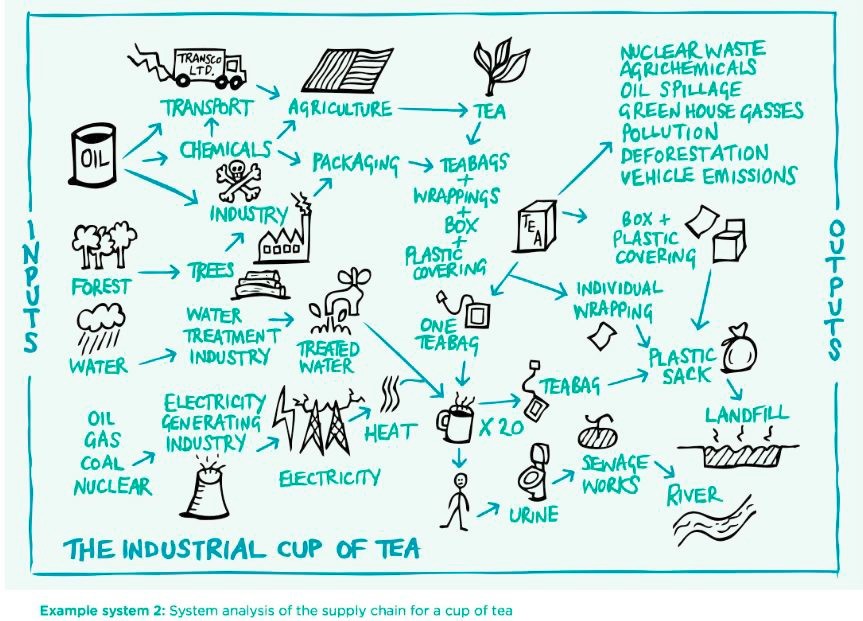System Design & Practice in Aid of Urban Crises
Tutor: Koen De Wandeler
Master Dissertation studio, academic year 2020-21, Brussels (max. 2 students)
Overshoot is a systemic issue. Over the past century-and-a-half, enormous amounts of cheap energy from fossil fuels enabled the rapid growth of resource extraction, manufacturing, and consumption; and these in turn led to population increase, pollution, and loss of natural habitat and hence biodiversity. The human system expanded dramatically overshooting Earth’s long-term carrying capacity for humans while upsetting the ecological systems we depend on for our survival.
R.Heinberg, August 17, 2017
WHY CITIES?
CITIES ARE DAZZLING!
But cities are also contested sites where covert stresses accumulate or sudden shocks may result in social breakdown, physical collapse or economic deprivation.
This master project critically examines the role of architects, designers and urban (ADU) professionals in their engagement with other stakeholders and with the practice of planning, designing, building, and managing the built environment. It mainly deals with aspects in the production and reproduction of the built environment that affect the carrying capacity of the human habitat in one way or another.
From the Earth – The vast majority of inputs to the economy, 93 billion tons in 2015, are resources extracted from the Earth: both finite (minerals, ores, and fossil fuels) and renewable ones (biomass).
To the dump – Two-thirds of the material flowing through the economy, 67.4 billion tons in 2015, gets emitted as pollution—the carbon from fossil fuels, for example—or otherwise scattered or disposed of as waste.
Source: https://www.nationalgeographic.com/magazine/2020/03/how-a-circular-economy-could-save-the-world-feature/
WHY CRISES?
CITIES HAVE ALWAYS FACED RISK
But the scale of urban risk is rising as more people are living in cities. As more complex local and global pressures play out at a city level, urban crises are more likely yet increasingly unpredictable.
It focuses on cities, and more specifically, on cities where this overly stretched carrying capacity leads to urban crises. Urban Crises are challenging situations because they distress the many systems – such as health, housing, education, social care, etc. – that make up the habitat of most of the world population. By analogy with other eco-systems, all the systems of the human habitat can be understood as dynamically complex adaptive systems. Since these systems are highly connected and interdependent, understanding urban crises requires system thinking and system design & practice to formulate effective responses & collaborative approaches that help mitigate or even prevent crises.
Systems thinking is a holistic approach to analysis that focuses on the way that a system’s constituent parts interrelate. It seeks to fathom a system by examining the linkages and interactions between the components that comprise the entirety of that system, as well as perceive that same system as an interactive component of something bigger than itself.
ELIGIBILITY
Candidates for this master projects need to be familiar with ecological thinking launched in the 1970s and have previous interest and/or experience in sustainable architecture and design and/or initiatives that promote circular economy and/or inclusiveness. They should have a keen interest to delve into recent literature on system thinking, system design and system practice and produce an output that takes systems thinking as a thematic entry point.
PROJECT CONTEXT, SCOPE & OUTPUT
Selected participants will work in team with the academic promotor throughout their dissertation. In a first instance, they will work in team to familiarize themselves with systems thinking, design and practice. A write-up of that exercise will serve as literature review for their dissertation.
Next, every student will be given the opportunity to register for a free online course in system practice and/or tie in as an observer with any of the electives, courses, design studios, summer schools, or workshops of the Faculty. They may also link up with external agencies or workshops as deemed beneficial for their project (See: collaborations).
- The context of their project should link up with the Faculty’s on-going international projects / collaborations or proposed by the promotor in conjunction with the Faculty members / overseas counterparts engaged in that particular project (e.g. VLIR-UOS, international development organisations, etc.).
- The scope of the project should identify a well-delineated urban area or thematic matter where carrying capacity is endangered, analyse the situation as well as design remedial interventions through systems thinking, design and practice.
- The expected output will consist of a written thesis that complies with academic standards enhanced by drawings, diagrams, images, etc …
COLLABORATIONS
The master project is conducted in close collaboration with the Bualuang Research Fellowship “Design and Development for Urban Crises” at the Thammasat Design School in Bangkok (TH). Upon successful completion of the project, one student may be invited either for a research assistantship or an internship in one of the organisations involved with this Fellowship.
Depending on the focus of their thesis, students may also have an opportunity to prepare and participate one of the workshops/ summer schools that are scheduled as part of the Fellowship or other collaborative engagements in the summer of 2021.
- International KUL Workshop in Srei Sophon, Cambodia. In partnership with the municipality of Srei Sophon; Governor of Banteay Meanchey Province; Faculty of Architecture and Urbanism, Royal University of Fine Arts; Faculty of Architecture and Urbanism, Norton University; School of Architecture and Urban Planning, Paññasastra University; Cambodia Institute for Urban Studies (CIUS).
- International Workshop on earthquake resistant building in Chiangrai, Thailand. In partnership with the Faculty of Architecture, KMITL; Emergency Architecture & Human Rights, Denmark (NGO) and Mod Chana Pai Foundation (MCPF).
- International Workshop “Siem Reap Riverfront Research and Design Project” in Siem Reap, Cambodia. In partnership with Faculty of Architecture and Urbanism, Royal University of Fine Arts (lead); Faculty of Architecture and Urbanism, Norton University; School of Architecture and Urban Planning; Paññasastra University; Cambodia Institute for Urban Studies (CIUS); Department of Environmental Studies, Royal University of Phnom Penh and Department of Humanities & Social Studies, National Institute of Education (Singapore).
Download the presentation here (pdf)
More on the master dissertation here (pdf)



